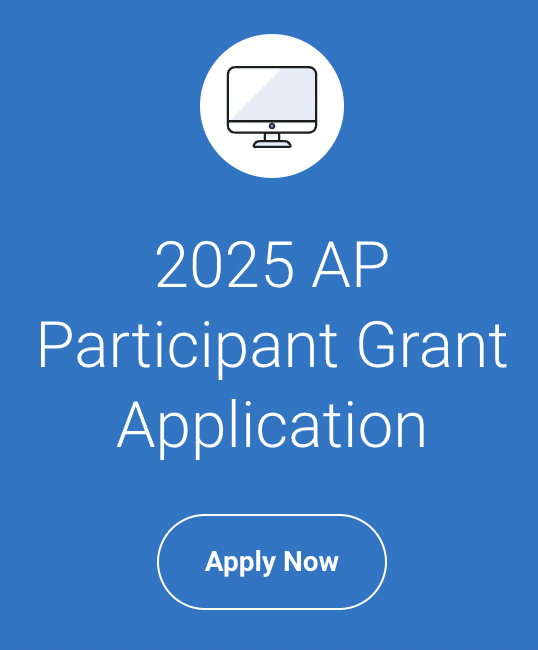AP Language Course Description:
The course reinforces skills of experienced teachers as they consider the rigors of planning and teaching AP English Language and Composition. Teachers will begin the week with a discussion of the AP Language course itself, as seen in the new Course Description and AP Central. Participants will extend their understanding of the newly updated course formats, which present teachers with these scaffolded areas: Enduring Understandings, Skills, and Essential Knowledge. After delving into the new Course Description, teachers will increase their ability to use AP Classroom; they will examine the individual progress checks, as well as the question bank and dashboard. Participants will also compile a list of the literature they teach in their AP courses. Then teachers will buckle down to a serious consideration of course work. We will consider the teaching of writing, including all three types of AP essays: synthesis, analysis, and argumentation. Participants will study close reading and annotation skills, applying their knowledge to a number of excerpts, including examples of pre-20th century literature. Multiple choice strategies will receive attention as well. Teachers will also discuss analysis of poetry, prose, film, music, and visual text, because “analysis is analysis” – and everybody needs some time for fun! The week will also include time for writing and analyzing lessons, as well as course planning and audit preparation. Finally, teachers will have time to share best (and worst!) practices, learn from each other, and laugh (or cry) over our triumphs and trials as teachers.
Class Preparation: Before coming to class, participants should read the Free Response Questions from the 2021 and 2022 English Language and Composition Exam. These questions will be available on AP Central (see Exam Information). Since participants will spend some time on course planning, AP Classroom, and the College Board course audit, teachers should bring laptop computers, as well as anything they intend to use in preparation for classes and the course audit. Additionally, teachers might bring a lesson or strategy that has worked well in class.
Course Schedule:
Day 1: Analysis Tools and AP Skills for Students and Teachers
- Examination of the AP Course: the course guide and the test itself
- College Board’s Equity and Access Statement
- Previous AP tests: an overview
- The Analytical Toolbox and Checklist; Warrants and Terms; the Basics
- The Course Guide: Learning to Read and Use
- AP Classroom, #1
- Annotation and Close Reading: Sample Lessons and Responses
- Analyzing a Passage, AP-Style
- Analysis is Analysis
- Using Claim / Evidence / Commentary as a Construction Tool
Day 2: Strategies for Teaching Analysis; Decoding Analysis Prompts; Writing Thesis Statements; Course Planning
- General Comments and Discussion, Teaching Argument
- Using Templates
- Generating Thesis Statements
- Previous AP Tests: Analysis Prompts
- The Course Guide: Continued Analysis and Examination
- AP Classroom, #2
- Using and Modifying Old Prompts
- Theme and Tone as Tools
- Discussion of Various Rangefinders
- Socratic Seminars as an Analysis Tool
- Close Reading as Analytical Support
- Course Planning, Part 1
Day 3: Strategies for Teaching Synthesis; Decoding Synthesis Prompts; Course Planning
- General Comments and Discussion, Teaching Synthesis
- The Course Guide: Continued Examination and Use
- AP Classroom, #3
- Analyzing the Synthesis Format; previous AP tests
- Rangefinders
- Analysis is Analysis: Using Videos and Visuals in Synthesis
- Finding and Using Evidence
- Course Planning, Part II
Day 4: Strategies for Teaching the Open-Ended Prompt; Decoding Argument Prompts; Multiple Choice; Best Practices and Evaluations
- General Comments and Discussion, Teaching Open-Ended Argument
- Final Course Guide Examination and Use
- AP Classroom, #4
- Analyzing Types of Argument
- Previous AP tests: Argument Prompt
- Using and Modifying Old Prompts
- Rangefinders
- Dealing with Multiple Choice and Vocabulary
- Analysis is Analysis: Poetry and Other Animals
- Best and Worst Practices; Summing Up and Evaluation


